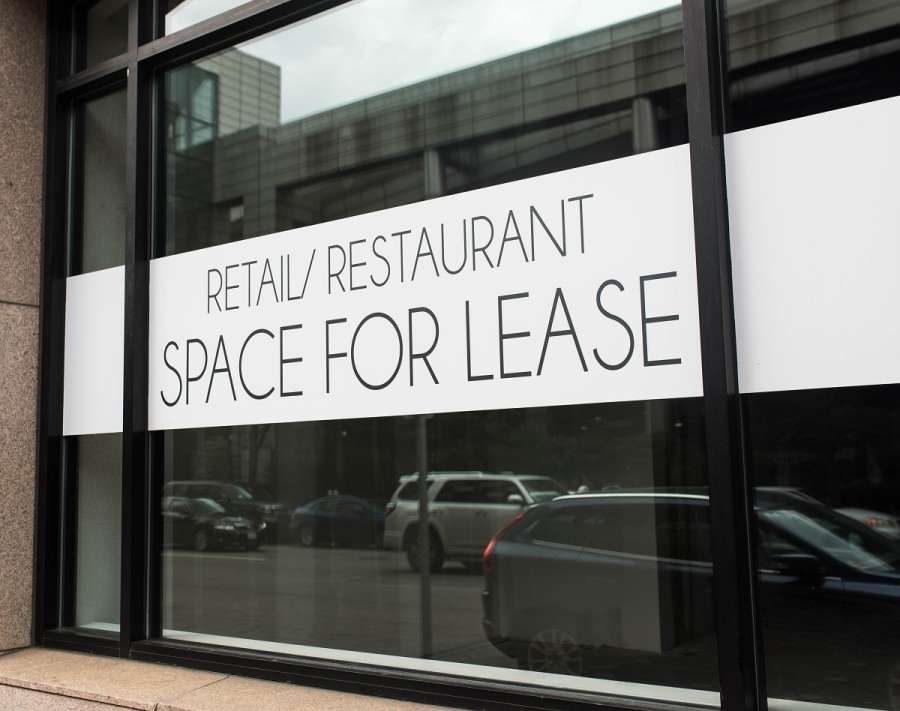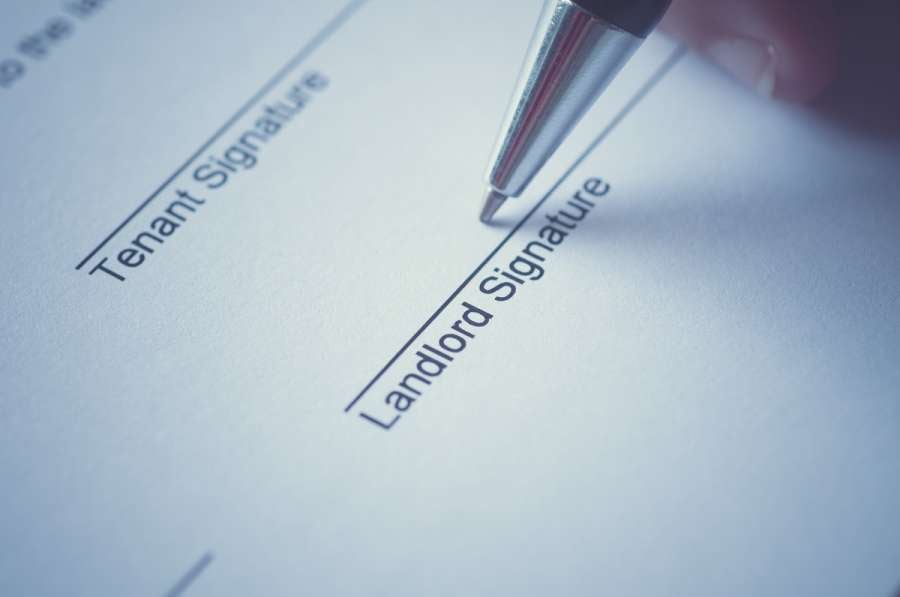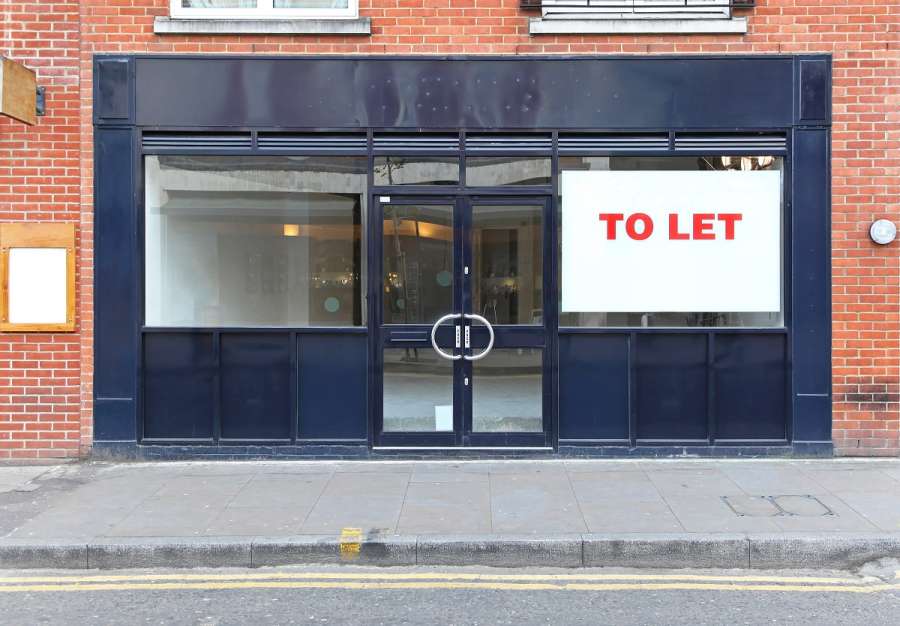The Facts
The most recent case on this issue is McDonald's Restaurants v Shirayama Skokusan [2024], where the landlord sought to recover possession of the premises on the basis it intended to occupy the property for its own use.
In this case, the landlord owns the former County Hall, opposite the Houses of Parliament on the South Bank, London.
Until March 2019, McDonald's operated a restaurant on the ground floor and basement of the property pursuant to a 'protected' lease. The restaurant was one of McDonald's key sites.
At the end of the contractual term, the landlord served a notice on the tenant opposing the grant of a new lease on the basis it wished to occupy the property.
Court proceedings were issued, and the landlord called two witnesses to verify that it intended to run its own restaurant from the property serving Japanese food by November 2019.
The landlord proposed to trade under the name "Zen Bento," produced a plan demonstrating this, and the landlord's principal offered an undertaking to that effect.
The County Court Judge accepted that the landlord sought to occupy the property and granted an order terminating McDonald's tenancy in March 2019.








